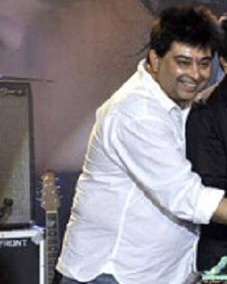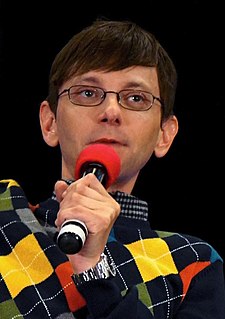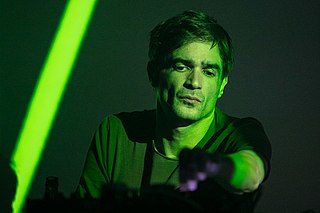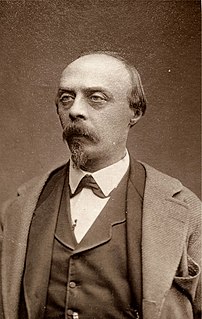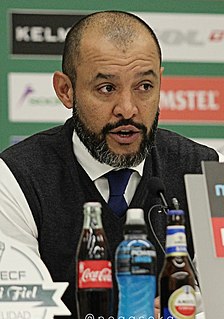A Quote by Michael Giacchino
If you listen to a score from beginning to end, you should envision the entire film in your head.
Related Quotes
A film has a beginning, middle, and an end. There is a certain amount of time that you have to embody these people. You know the entire story arch. But on TV, you have to let your guard down. You don't know how long the show is going to last. There is this excitement that comes with developing a character long-term.

